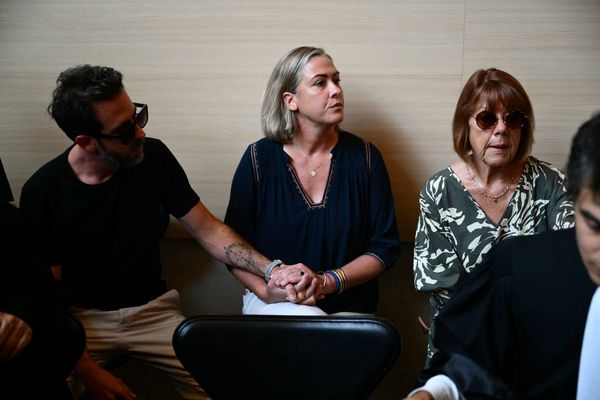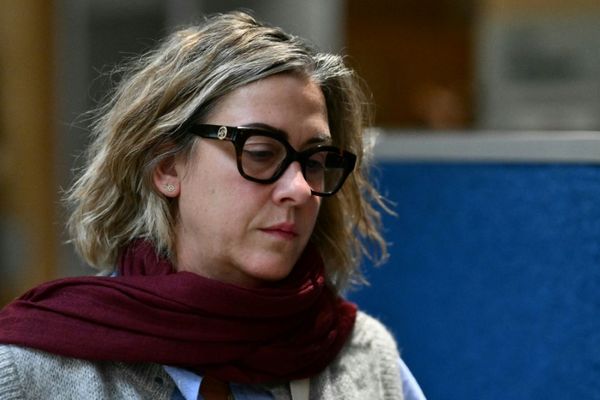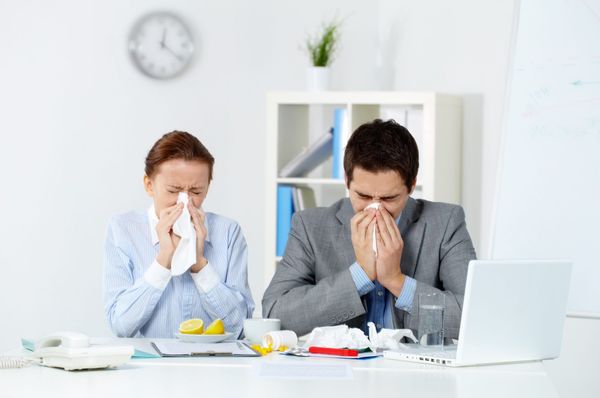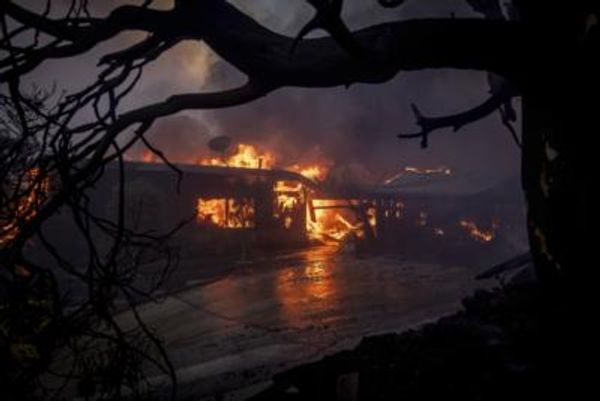
I knew two things from a very early age: I liked making people laugh, and I was destined to visit space.
My dreams of a moon walk were cruelly dashed when, at 10, I had a panic attack on a 40-minute flight to Inverness. Also I wasn’t 10, I was 26. Making people laugh was much more within reach – but at times, it felt like the depression that would periodically overwhelm me stood at odds with it.
I’ve found that depression is in many ways like space food (which I demanded for Christmas in the late 90s, “to prepare me”) – it is unpleasant, has no clear expiry date, and people like to define you by your association with it.
When I was coming out of a particularly bad patch in my early 20s, I found myself in a weird, limbo state. On the whole, people were very kind and understanding, but there was also an odd expectation that I would be sad all the time.
And sure, there were many days when I spent six hours staring wistfully at the antidepressant prescription I had taped to my wall like some surreal indie band poster. But some days I wanted to go out! And see my friends! And attend fancy dress parties in a self-sewn Hubble telescope costume! Because people with depression can still be incredibly iconic fashionistas. We’re just trying to do the things that “normal” people do – like catching buses, going on dates and making badges with our professional badge-makers (just me?)
Sometimes maintaining the expectation of what a depressed person should be like, or how they should behave, became my latest acting exercise. When people asked how I was, I would look up meekly, eyes full of tears and say, “It’s been hard”. Don’t get me wrong, it had been hard, but having to continuously play out the hardness was almost more exhausting than the actual depression.
And then at some point I realised I could just … not. I realised that Sad Rhiannon still made jokes, and Funny Rhiannon sometimes cried. This might blow your mind, but it appeared that they were the same Rhiannon. And things became easier when I realised that the two could be friends.
Because there are things that you do when you’re sad that really demand to be laughed at. Like the time I was crying outside a party. I spotted a guy I fancied, didn’t want him to see me in that state, and so took the only sane course of action and lay in a ditch. Yep. You read that correctly. A ditch. Obviously he spotted me. Because – and I cannot stress this enough – I was a fully grown woman lying in a very shallow ditch. But it’s fine, because I totally covered it by getting out and saying to him, “We were just seeing who could find the best ditch to hide in … and I am the winner.” Do I regret this? Of course! Is it hilarious? Absolutely! Funny Rhiannon and Sad Rhiannon in full, ridiculous force.
My play Supernova is what happened when I decided to unite the two Rhiannons, capturing life’s humour as well as its weight. Supernova is a show with a high-functioning depressive as the protagonist, who allows us to laugh in even the darkest moments. It explores the impact depression can have on loved ones, and the difficulties of maintaining relationships. But, above all, it’s about connection (to yourself and the universe), the potential for recovery and the possibility of making peace with the scariest corners of ourselves.
When you write something, it feels like you’re taking a bit of your brain out and letting other people look and judge – and hoping they won’t just be confused and mildly disgusted and ask you to pop it back into your skull, please.
But so far, the conversations in the bar afterwards have been electric. Do you have a favourite planet? Does John Hurt really count as a Doctor? When was your last full-blown mental breakdown? The comedy appears to be a gateway drug into talking about the tougher stuff. And everyone’s huffing it up (having never taken drugs, I’m unsure on the terminology, so I’m mainly drawing on one PSHE lesson where we watched a video on sniffing glue).
Don’t get me wrong, when you are in the throes of a very serious mental health episode it is not fun. It is very not fun. But these days I think of my depression like a friend’s boyfriend at a house party who starts strumming on a guitar. I’ll be civil, I’ll endure a verse or two of Wonderwall, even though I hate it and I hate them, but once they’re gone, I’m gonna be taking the piss.
How is my mental health doing now? It’s a bit like that old packet of space food (somehow still not expired) – even though I’ll probably have it for life, I’m learning to live with it and trying to not be ashamed of it.
And sure, I never made it to space. But I reckon it’s pretty lonely up there anyway. Down here there are badges, and people to wear them, and the food is much much better.
Rhiannon Neads is a writer and actor. Her play Supernova runs from the 25 April to 13 May at the Omnibus theatre in Clapham, south London
Do you have an opinion on the issues raised in this article? If you would like to submit a response of up to 300 words by email to be considered for publication in our letters section, please click here.







